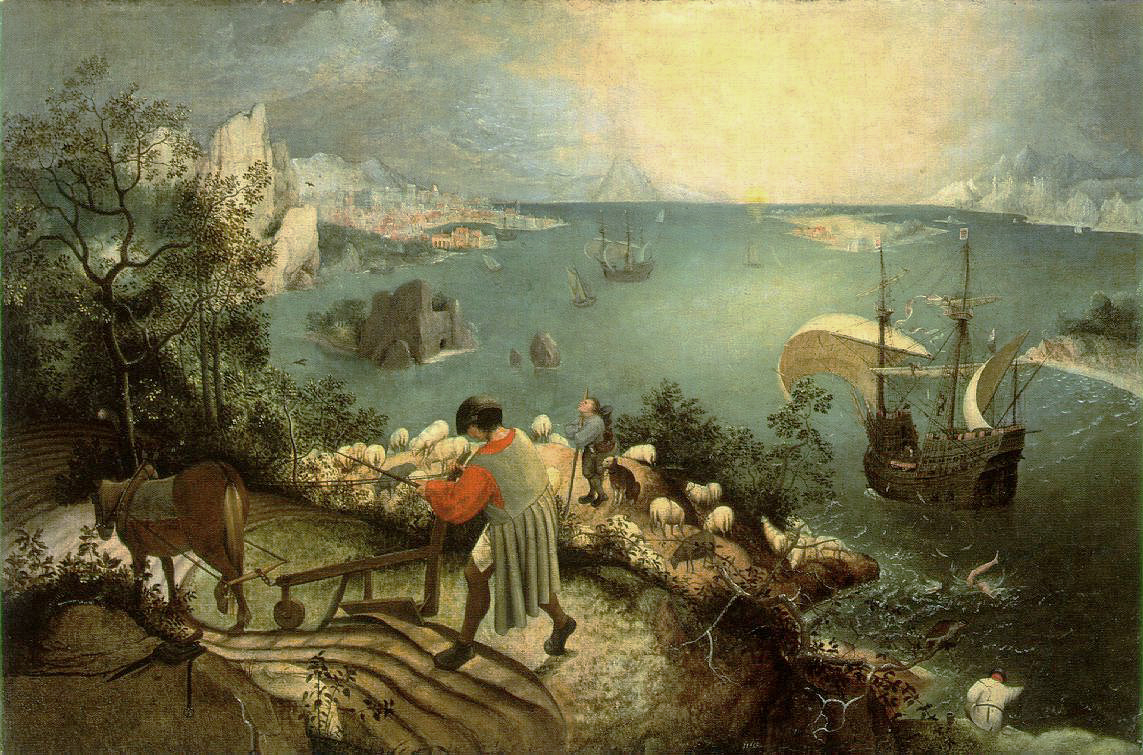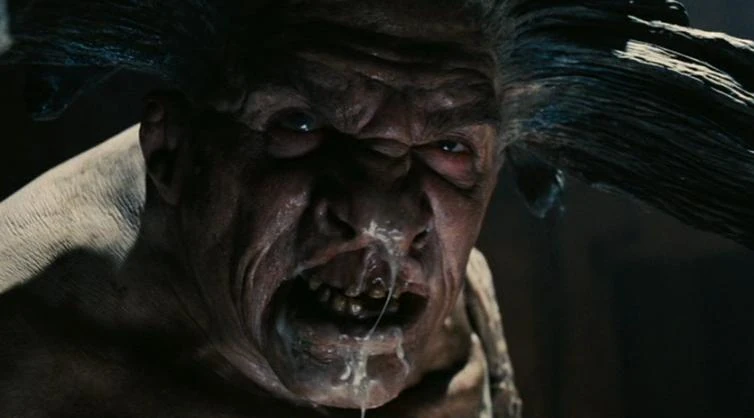It has arrived! PARCC!
PARCC!
PARCC!
PARCC!
PARCC! PARC! PAERASDF! PARCC! OARCC! PARECC! PPPARRAC! PPAPAPRC!PAARCC!
parcc...
To prep for the PARCC, we will complete the sample 10th grade Language Arts questions.
He is also responsible for creating the labyrinth in Crete. You know, the maze that is home to the Minotaur.
 |
| Darth Vader: NJ's PARCC test enforcer - "I find your lack of higher level thinking disturbing." |
 |
| Palpatine: the PARCC architect - "Good. Use your aggressive feelings, boy. Let the hate flow through you." |
So, the good news is that the state plans on including some really relevant, contemporary readings.
You know, epic Roman poetry from the 1st century.
I'm not kidding: one of the sample poems is from the year 8. 8AD. 2007 years ago.
 |
| And I thought the wait between Empire and Jedi was long. |
Unlike the previous state assessment, the HSPA, which focused more predominantly on non-fiction readings, the PARCC seems to have a more literary bent.
And, from what I can gather, the Language Arts component of the PARCC will focus more on higher level literary passages. As I previously hinted, there is some seriously old stuff on the sample question. The sample question also involves comparison/contrast and the incorporation of textual support.
The state provides a section of Ovid's Metamorphoses. A Roman poet, Ovid compiled over 250 myths in a 15 book collection. As a Roman epic, the Metamorphoses attempts to cover the entirety of the history of Ancient Rome, beginning with the birth of civilization and ending with the deification of Julius Caesar.
The state provides a section of Book VIII focusing on Daedalus and Icarus. In this section of the poem, Ovid decides to retell a story from Homer's Odyssey.
And, from what I can gather, the Language Arts component of the PARCC will focus more on higher level literary passages. As I previously hinted, there is some seriously old stuff on the sample question. The sample question also involves comparison/contrast and the incorporation of textual support.
The state provides a section of Ovid's Metamorphoses. A Roman poet, Ovid compiled over 250 myths in a 15 book collection. As a Roman epic, the Metamorphoses attempts to cover the entirety of the history of Ancient Rome, beginning with the birth of civilization and ending with the deification of Julius Caesar.
 |
| Ovid |
The state provides a section of Book VIII focusing on Daedalus and Icarus. In this section of the poem, Ovid decides to retell a story from Homer's Odyssey.
Daedalus is the father of Icarus.
 |
| Dad's on the left. |
To prevent the public from learning his knowledge of the labyrinth, Daedalus and his son Icarus are locked up in a tower by the king of Crete. Because the king controls the land and the sea routes out of Crete, Daedalus devises a scheme to escape through the air. He fabricates a set of wings for his son, Icarus made of wax and feathers. He then warns his son not to fly to close to the sun, as its heat will melt the wax, and not to fly too close to the sea as the water will soak the feathers.
Icarus, exhilarated by flight, gets too close to the sun, loses his wings, and drowns.
 |
| Icarus is pictured in the lower right half of the painting. What a dingus! |
Hopefully this background information will help!
The second reading provided by the state is an Anne Sexton poem.
And get this: She was alive during the 20th century!
It concerns the myth of Icarus: "TO A FRIEND WHOSE WORK HAS COME TO TRIUMPH"



No comments:
Post a Comment